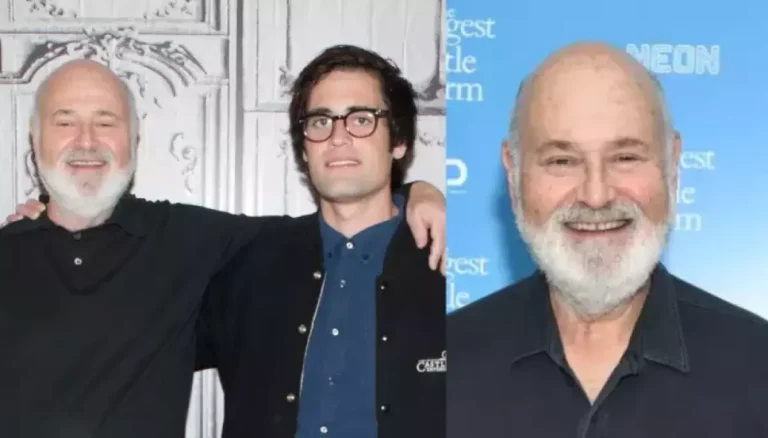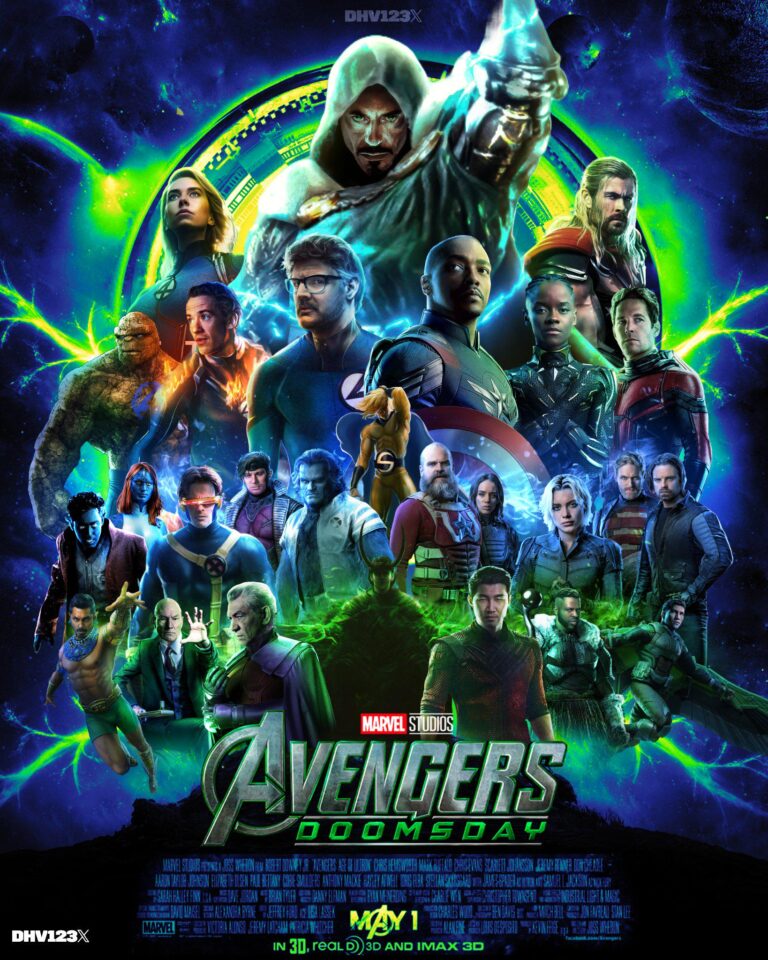Trapped is a documentary on the lives of 10 fathers behind bars. Theirs are emotional rollercoasters that defy simple understanding. No prediction has been this accurate exact.

Filmmakers Angela Patton and Natalie Rae offer fathers of kids ages 5 to late teens an unusual chance in their documentary: Giving them a few hours with their children. The kids are being held at a federal prison in Washington, D.C. For them, it is a dreamy evening where they can be laughing and dancing and heart-to-heart hugging each other.
For some of the girls, Daddy-Daughter Dance may be their first opportunity to ever have physical contact with their dads. Several of the boys have not been with their father in years. However, In American prisons face-to-face “touch” visits have
Whether or whether fathers in prison should have such little chance for human connection with their children is a subtle but omnipresent question in the new Netflix series “Daughters” (which begins on Wednesday). A simple message is the most terrifying aspect of the documentary. Out of jail, one man says, “We’re still fathers.” That is their sole identity, regardless of everything else.
“Daughters,” a winner at this year’s Sundance Film Festival, follows a mother and her children as they get ready for a special day. Aubrey, a delightful and gregarious five-year-old, declares, “When he says he loves me, I’m going to say I love him more.” No child, no matter how bright, can comprehend the idea of her father, Keith, spending another seven years in prison, and Aubrey is just five years old. She has mastered counting to ten.
For some, the emotional landscape is more murky just before the dance. Santana, who is ten years old, says she will not cry when she says goodbye. “He wants to keep doing bad stuff,” she says, justifying his absence. Mark didn’t embrace his daughter until she was a year old. This is especially true for Ja’Ana, an eleven-year-old who seldom encounters her father. Contrary to her mother’s wishes, she would not witness her father’s incarceration. According to her, her father has vanished entirely from her recollection.
Each father wears a suit and a flower on his lapel as he sits in a long row of seats during the daughters’ arrival on the dance day. The directors succeed in making the scenario seem like it belongs in a fairy tale with just music, a few cries of “Daddy!” and some suppressed crying to accompany the plentiful lighting.
The fathers and daughters have fun by playing in a gymnasium with dancing. There’s a ball in the air. A few of them have a way to go until they close the gap. When the boys leave and return to their cells, or the girls head off somewhere else in their lives for a short time too it really is ‘I know I will see you soon but that doesn’t help much right now’. And the fathers promise their daughters they will always keep in touch. Fathers who go through the program seldom re-offend during 12 years of involvement.
Movies with such touching stories as “Daughters” and this new fact-based film about redemption, “Sing Sing,” give you a reason to shout praises. Daughters — discussing the dance, as prisoners of their own childhoods / generational repercussions from absentee parents



